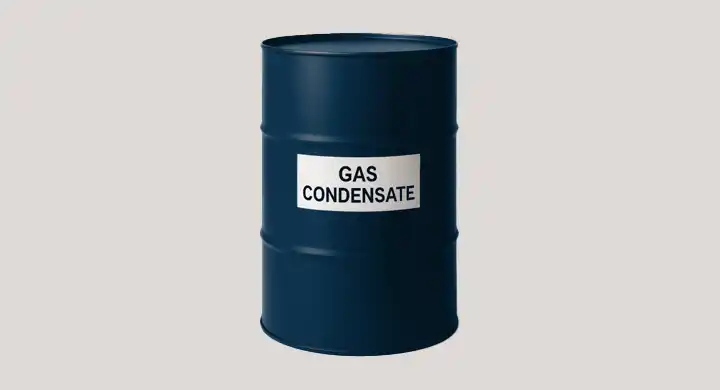Condensate
- 246
What is Condensate?
Condensate, also known as natural gas condensate, is a highly valuable hydrocarbon liquid obtained during the natural gas extraction process. This clear, colorless substance has properties similar to light crude oil. Due to its unique chemical characteristics, condensate is widely used as a feedstock in various industries.
Characteristics of Condensate
-
Clear and colorless with low density
-
Contains light hydrocarbon compounds such as pentane and hexane
-
High calorific value, with the potential to substitute light crude oil
-
Can be processed into a variety of petrochemical products
Applications of Condensate
Condensate has diverse applications and is regarded as a strategic raw material:
-
Petrochemical Industry: Primary feedstock for producing gasoline, naphtha, and chemical products
-
Fuel Supply: Used as a substitute or additive fuel in refineries
-
Energy Exports: A key export commodity in the oil and gas sector
-
Industrial Products: Utilized in the production of solvents and various chemicals
Economic Importance of Condensate
Due to its high market value, condensate is considered one of the major sources of revenue for natural gas-producing countries. Moreover, with the rising demand in the petrochemical sector, its significance is steadily increasing.
 فا
فا
 EN
EN
 AR
AR
 CN
CN
